Private Prisons: Just Bit Players in Mass Incarceration
Truthout
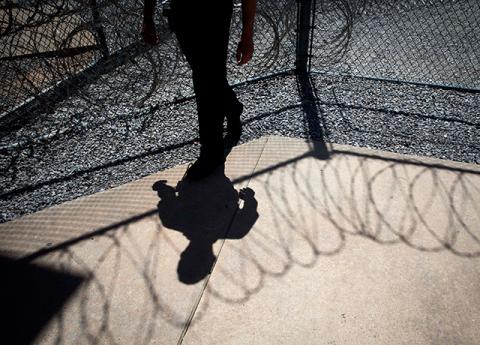
In the rush to find targets and mobilize outrage, assigning too much culpability to private prisons runs the risk of ignoring bigger forces. Private prison operators are bit players in a broader drama directed by state actors. Elected officials, "tough on crime" advocates and corporate interests have used mass incarceration to advance a political agenda of criminalizing the poor and dismantliing the social safety net of the working class.

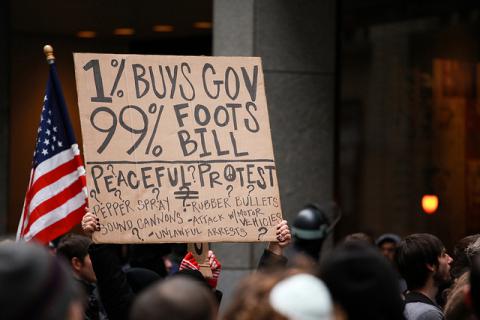
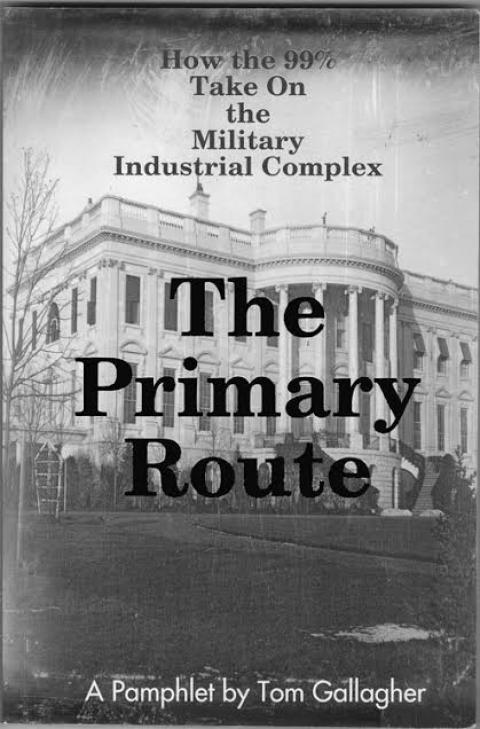
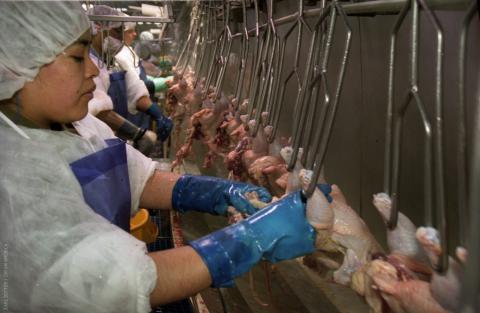

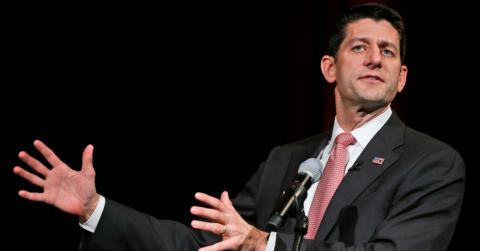
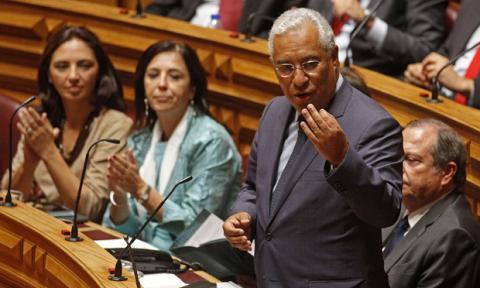
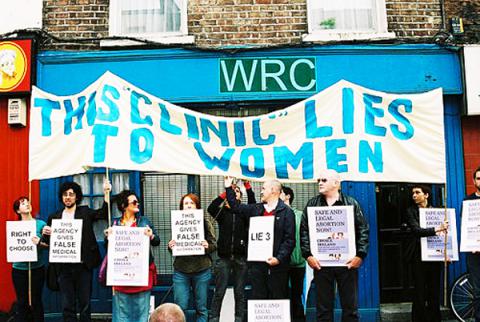

Spread the word